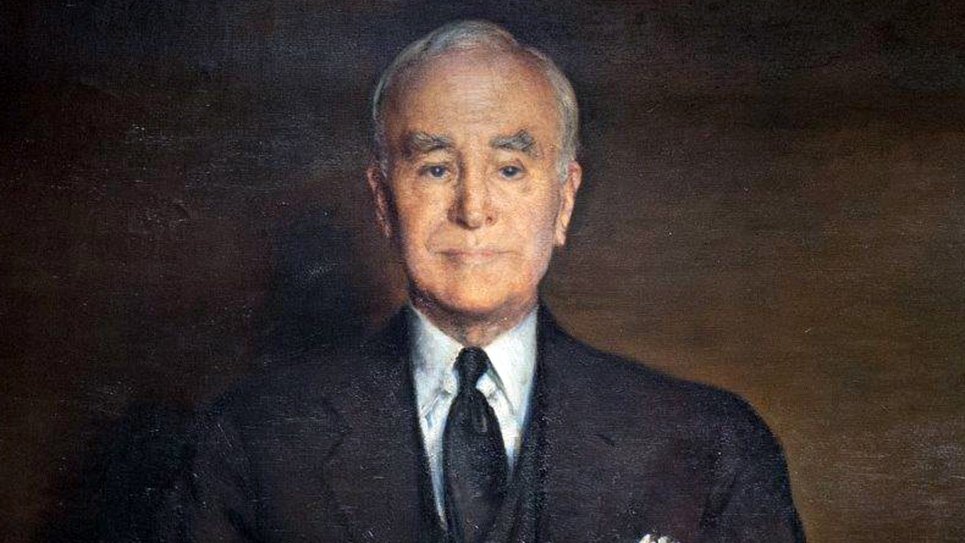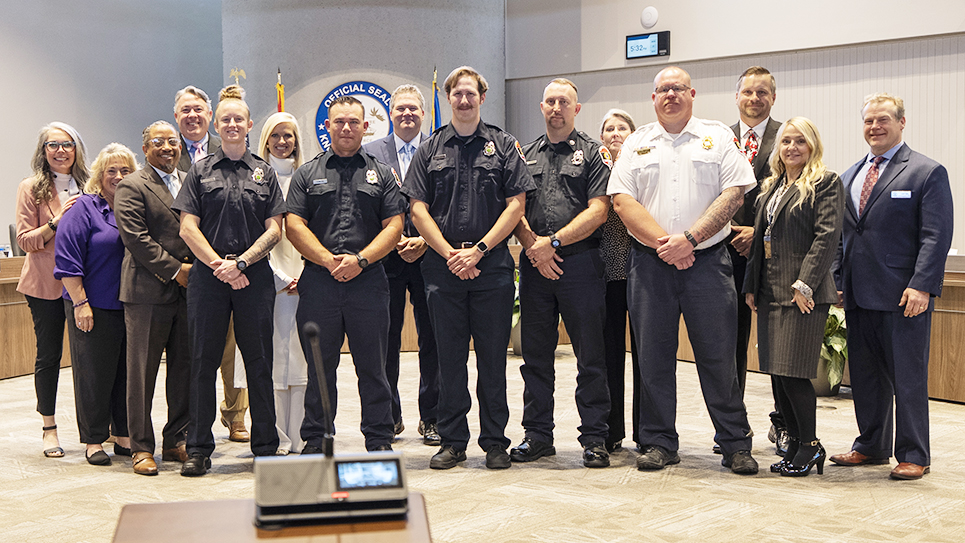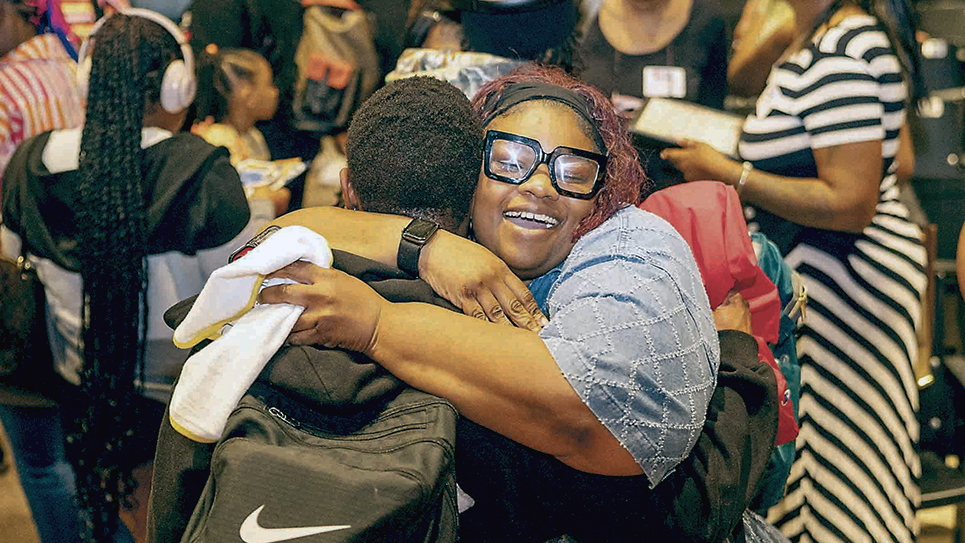Will Trump observe Black History Month?
By Dr. Harold A. Black
blackh@knoxfocus.com
haroldblackphd.com
When I was young we observed Black History Week. In 1926 the eminent historian Carter Woodson proclaimed the second week in February “Black History Week.” This was chosen because Abraham Lincoln’s birthday is February 12 and Frederick Douglass was born on February 14. Being me, I asked my sainted mother, “Why is there a Black History Week?” She said, “Because they have the other 51.” In 1976, the week was extended to the entire month. Gerald Ford proclaimed it and every subsequent president including Donald Trump observed it. So in 1976, I asked my sainted mother why February was chosen as Black History Month. She answered, “Because it has the fewest days.” Love you, Mom.
During the last February of Trump’s first term, he issued a proclamation to: “Celebrate the cultural heritage, diverse contributions, and unbreakable spirit of African Americans. In every generation, African Americans have enriched our culture, deepened our faith, strengthened our community, sustained our values, raised up our conscience, and called our nation to greatness.”
He even hosted a reception at the White House to honor black leaders.
That was then. This is now. The purging of DEI from the federal government has prompted some government agencies to ask whether or not they can issue public statements celebrating Black History Month and other heritage months or events. While it is obvious that this administration is not going to celebrate Pride Month in June and fly the LGBTQ flag over the White House and government buildings, it is not obvious whether the celebration of Black History Month will end. In fact the State Department has sought guidance from the White House and at last reading a State Department official says that “it was clear there would be no public-facing messages or events about Black History Month when it begins on Saturday.” Yet the State Department still has a web page dedicated to Black History Month, stating that it “serves as both a celebration and a powerful reminder that Black history is American history, Black culture is American culture, and Black stories are essential to the ongoing story of America.”
I want a statement from Marco Rubio confirming that comment rather than some faceless, nameless “official.” I want Trump’s press secretary to be asked the question. Better yet, I want Trump to address the issue.
Personally, I am appalled. Black history is the story of triumph over adversity. It reminds us all that blacks carried within them the American dream as white Americans were trying to deny them that dream. Growing up in the segregated south, there was virtually no mention of the importance of blacks in America. The textbooks were almost completely devoid of any reference to black achievements. One would have thought that we had been slaves and once freed had only toiled in menial tasks. The greater society demeaned us as “unqualified.” We could not go to their schools. We could not be employed in their law firms as lawyers or as doctors in their medical practices. We could not even work as clerks in their department stores. But we could be janitors, maids and cooks. My father, raising two rather precocious boys, used to say that whites were afraid of us and if we were some lesser beings they would not have to enact laws to codify our inferiority. I remember Dad predicting that Jim Brown would not win the Heisman. He used to say that the award did not go to the best player in college football but only to the best white player. The award went to Paul Hornung – a player who was a great pro but only a so-so college player. Only Hornung’s family could argue – and I doubt that they did – that Hornung rather than Brown deserved the award. When Mom and Dad dropped me off at the freshman dorm at the University of Georgia where I was the only black male freshman, Dad shocked me by saying, “Show those crackers who’s not qualified.”
Our schools were all black (we had no white teachers) and rectified what was missing in the texts which from kindergarten to the twelfth grade had some white school’s name crossed out. We learned of Crispus Attucks, Frederick Douglass, Booker T. Washington, the Rosenwald schools, Marcus Garvey, the Buffalo Soldiers, the Harlem Hellfighters, the Tuskegee Airmen, Harriet Tubman, Benjamin Banneker, George Washington Carver, Countee Cullen, James Weldon Johnson, Charles Drew, W. E. B. Dubois and many others. Of course, we knew of contemporaries such as Benjamin Mays, Thurgood Marshall, Rosa Parks, MLK, Jr., Malcolm X, Benjamin O. Davis and the great athletes of that time, Jackie Robinson, Hank Aaron and Willie Mays. This learning was not confined to the second week in February but was integrated (love that word) into the daily lessons throughout the year. We knew our history even if it was being ignored by the white-authored textbooks, the white school administrators and the white world that existed outside our own racial silo. Regrettably, in today’s integrated schools our children still do not know our history.
So we will continue to celebrate Black History Month regardless. But ignoring Black History Month is a hell of a way for Trump to thank the record number of blacks who voted for him.






